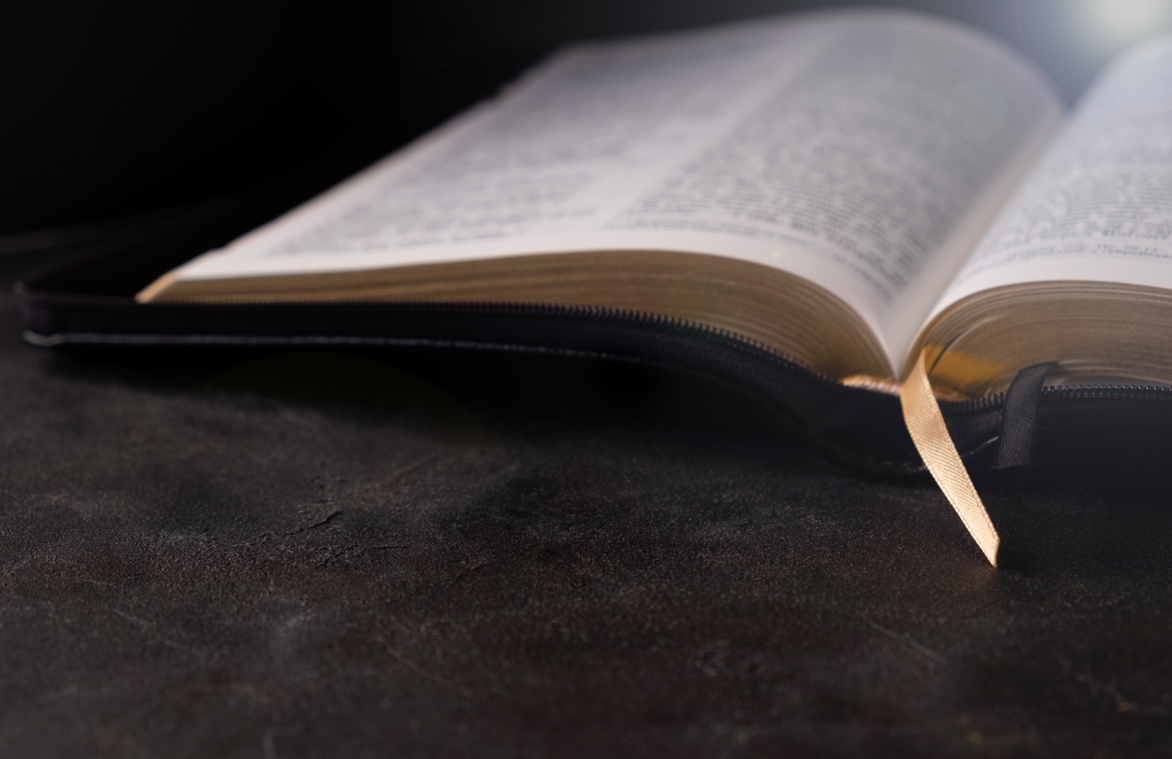Parts of Louisiana executive orders limiting in-person gatherings during the COVID-19 pandemic were unconstitutional because they infringed on a pastor’s ability to exercise his religion freely, the state Supreme Court ruled May 13.
The court reasoned that a pastor could not be convicted for violating limitations on in-person gatherings because such restrictions infringed on his religious-liberty rights under the free-exercise clause of the First Amendment.
Executive Order 30 barred gatherings of more than 50 people and required the closing of many businesses. Order 33 tightened those restrictions by prohibiting in-person gatherings of more than 10 persons. The governor issued the orders under the Louisiana Homeland Security and Emergency Assistance and Disaster Act.
Mark Anthony Spell, pastor of Life Tabernacle Church in Central, La., was charged with violating the executive orders because he continued to lead in-person worship services in his church’s sanctuary building while each of the orders was in effect.
The government argued the orders were necessary to protect the public by limiting the spread of the coronavirus. However, the Louisiana Supreme Court questioned why people were allowed to go to work in offices, around other people, but not attend a worship service.
“The state has not demonstrated a material difference, nor can we discern any, between the risk of transmitting the virus in a gathering of people in an office building and a gathering of people in a church building,” Justice William J. Crain wrote for the court majority in State v. Spell.
Crain reasoned that the orders imposed a substantial burden on Spell’s religious freedom and, further, that the orders were not generally applicable and neutral. This was a significant finding, as neutral laws of general applicability are normally constitutional under the free-exercise clause. However, laws that target religion or treat religion worse than other entities are evaluated under strict scrutiny and often invalidated.
“The infringement of the fundamental right to free exercise of religion, whether in times of crisis or calm, must always be strictly scrutinized by our courts,” Crain wrote. “Pandemic or not, this court cannot look the other way when the state infringes upon a citizen’s fundamental right to exercise his religion.”
The Free Speech Center newsletter offers a digest of First Amendment and news media-related news every other week. Subscribe for free here: https://bit.ly/3kG9uiJ
David L. Hudson Jr. is a professor at Belmont University College of Law who writes and speaks regularly on First Amendment issues. He is the author of Let the Students Speak: A History of the Fight for Free Expression in American Schools (Beacon Press, 2011), and of First Amendment: Freedom of Speech (2012). Hudson is also the author of a 12-part lecture series, Freedom of Speech: Understanding the First Amendment (2018), and a 24-part lecture series, The American Constitution 101 (2019).

